The Services Selection Board (SSB) interview is a rigorous evaluation process designed to identify individuals with the potential to excel as officers in the armed forces. Among the battery of tests conducted during the SSB interview, the Situation Reaction Test (SRT) holds a significant place, serving as a litmus test of a candidate’s cognitive abilities, decision-making skills, and emotional intelligence. Understanding the importance of SRT and adopting effective practice strategies can greatly enhance an aspirant’s chances of success in the SSB interview process.
The Significance of Situation Reaction Test (SRT):
The SRT is a psychological tool employed to assess an individual’s response to various real-life situations. It presents candidates with a series of hypothetical scenarios, each followed by multiple-choice responses. Candidates are required to select the most appropriate course of action or reaction based on their judgment and moral compass. The objective of SRT is to evaluate a candidate’s ability to think rationally, prioritize tasks, demonstrate leadership qualities, and exhibit a sense of responsibility and integrity in challenging situations.
In the context of the SSB interview, SRT serves several key purposes:
- Evaluation of Decision-Making Skills: Military officers are often called upon to make critical decisions in dynamic and high-pressure environments. SRT assesses a candidate’s ability to analyze situations swiftly, weigh available options, and make sound decisions under time constraints.
- Assessment of Leadership Potential: Effective leadership is indispensable in the armed forces, where officers are entrusted with leading troops and accomplishing mission objectives. SRT provides insights into a candidate’s leadership potential by examining their ability to take charge, delegate tasks, and inspire confidence in others through their actions.
- Testing Emotional Intelligence: Military operations frequently involve encounters with emotionally charged situations, where maintaining composure and empathy is paramount. SRT evaluates a candidate’s emotional intelligence by assessing their ability to empathize with others, manage stress, and display resilience in adverse circumstances.
How To Maintain Physical Fitness For SSB Interview
SRT Sample Situations & Responses
He is watching movie in a cinema hall. The hall catches fire. He …
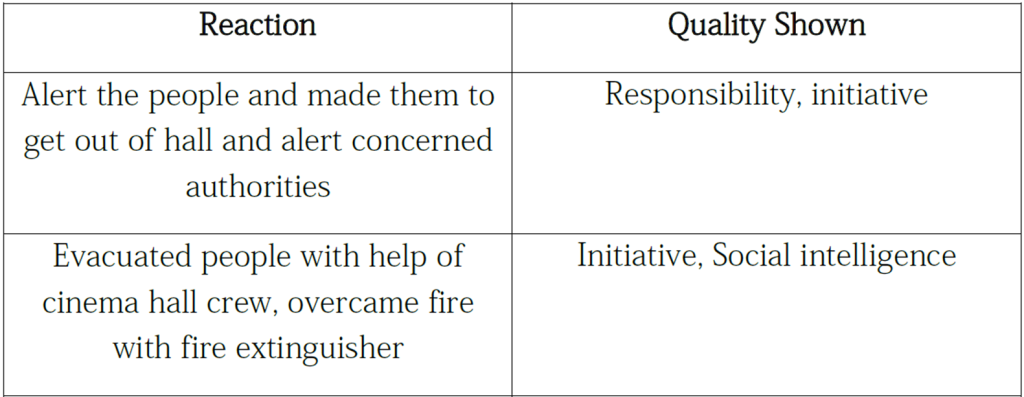
He is recently appointed captain of the basketball team and the task before him was to make it the winning team in the state. He …
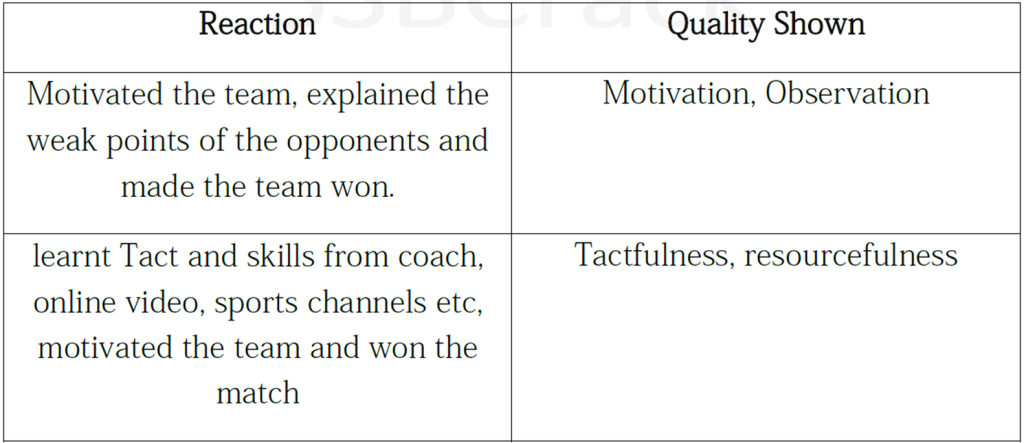
There was rush at the platform and the train was about to start but the coolie carrying his luggage could not be traced. He …
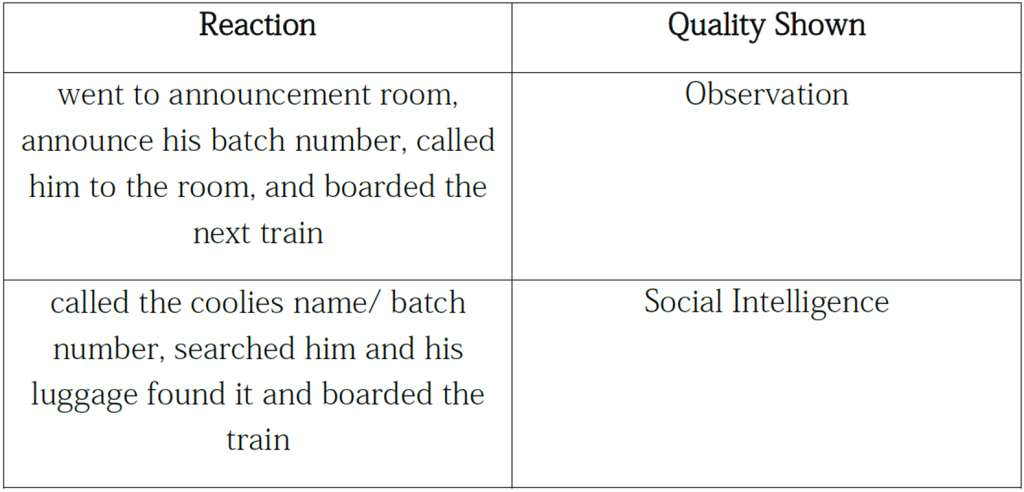
He had entered the semi-final in the State Badminton Championship, but his opponent was reputed to be strong. He …
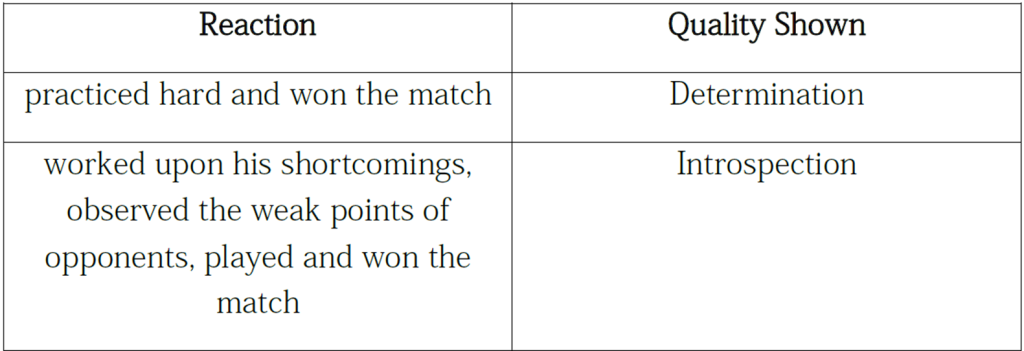
Money was needed to meet the expenses of his brother’s illness and his relations had refused to help. He …
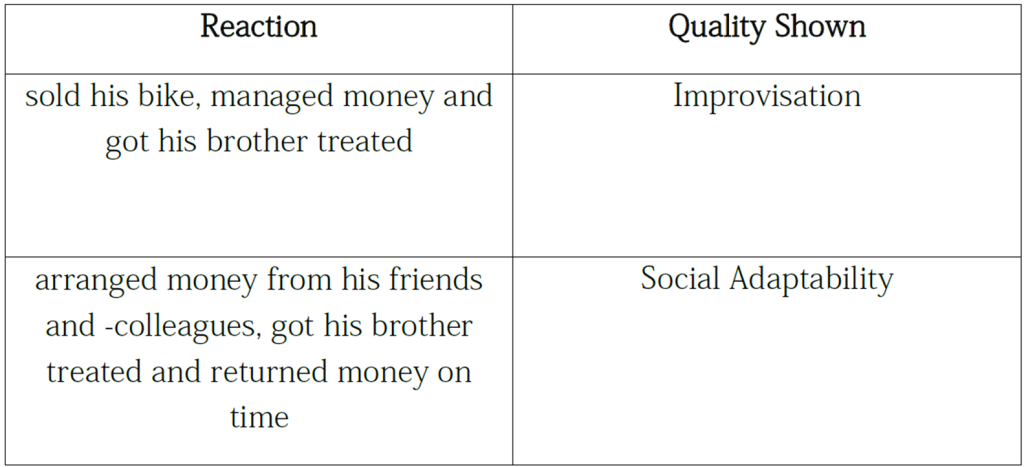
SSB Interview WAT Practice Exercise Part 4
Practicing for SRT:
Preparing for the Situation Reaction Test requires a combination of critical thinking, ethical reasoning, and scenario-based decision-making skills. Here are some strategies to practice for SRT:
- Familiarize Yourself with SRT Format: Acquaint yourself with the typical format and structure of SRT questions encountered in SSB interviews. Practice solving sample SRT questions from reputable study materials or online resources to understand the range of scenarios and response options.
- Develop Analytical Skills: Sharpen your analytical skills by dissecting each scenario presented in SRT questions. Identify the key elements, potential risks, stakeholders involved, and possible consequences of each course of action before selecting the most appropriate response.
- Cultivate Ethical Decision-Making: Upholding ethical principles is non-negotiable for military officers. Practice applying ethical reasoning frameworks such as utilitarianism, deontology, and virtue ethics to evaluate the moral implications of different response options in SRT scenarios. Prioritize responses that align with integrity, honesty, and respect for human dignity.
- Simulate Time-bound Conditions: Mimic the time-bound nature of the SRT by setting a timer and practicing solving SRT questions within a stipulated time frame, typically 30-45 seconds per question. This will help you develop the ability to think quickly and make informed decisions under pressure.
- Review and Reflect: After completing each SRT practice session, review your responses critically and reflect on areas where you can improve. Analyze the rationale behind both correct and incorrect responses to enhance your decision-making skills and adaptability to different situations.
- Seek Feedback: Collaborate with peers, mentors, or professionals familiar with the SSB interview process to solicit feedback on your SRT responses. Constructive criticism and insights from others can help you identify blind spots, refine your approach, and boost your confidence.
In conclusion, mastering the Situation Reaction Test (SRT) is crucial for aspiring officers seeking success in the SSB interview and ultimately, a career in the armed forces. By understanding the significance of SRT and adopting effective practice strategies, candidates can demonstrate their ability to think critically, act decisively, and uphold the core values of the military profession. Remember, preparation combined with integrity and resilience forms the bedrock of leadership in any endeavor, including the noble pursuit of serving one’s nation in uniform.


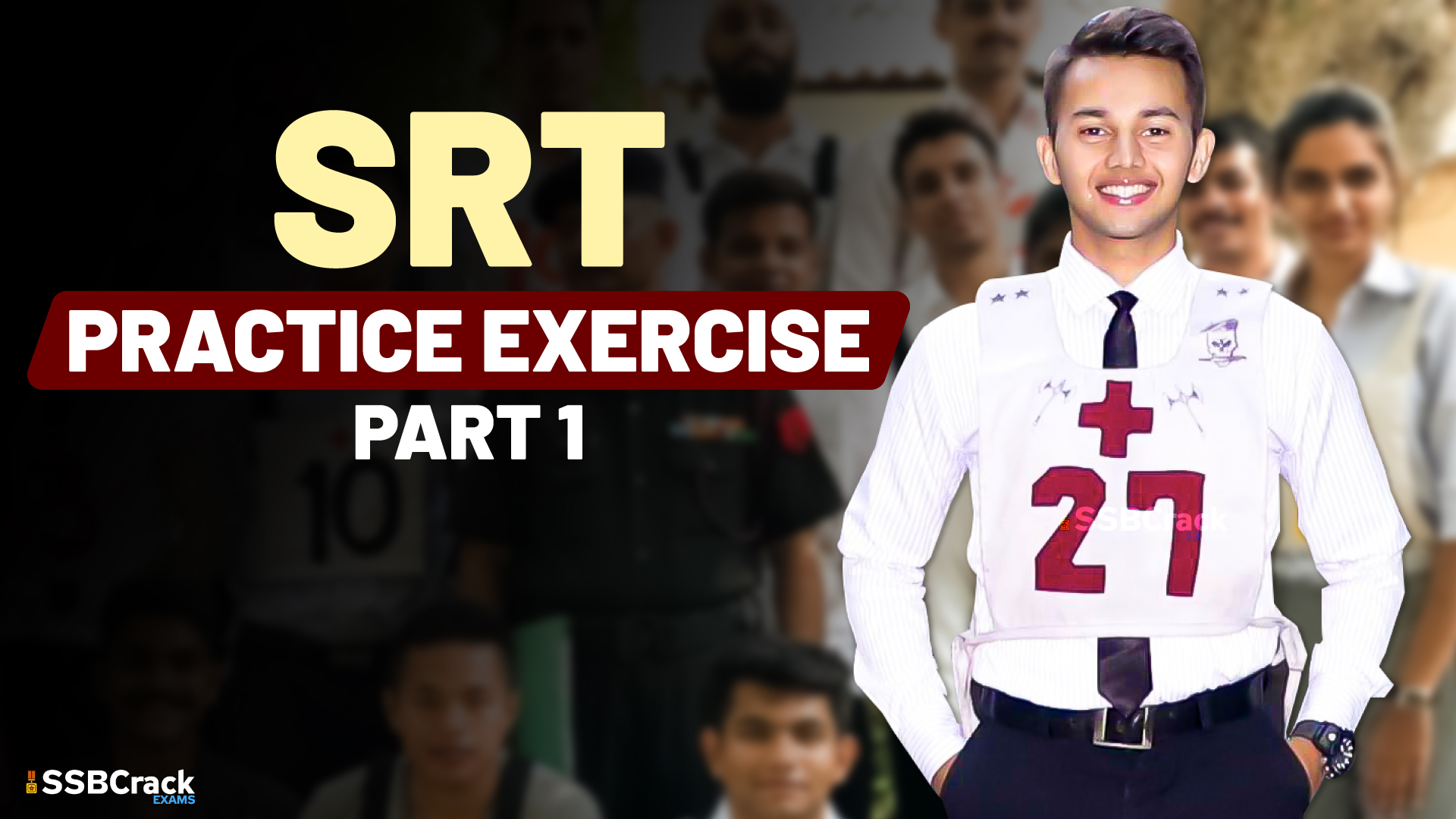


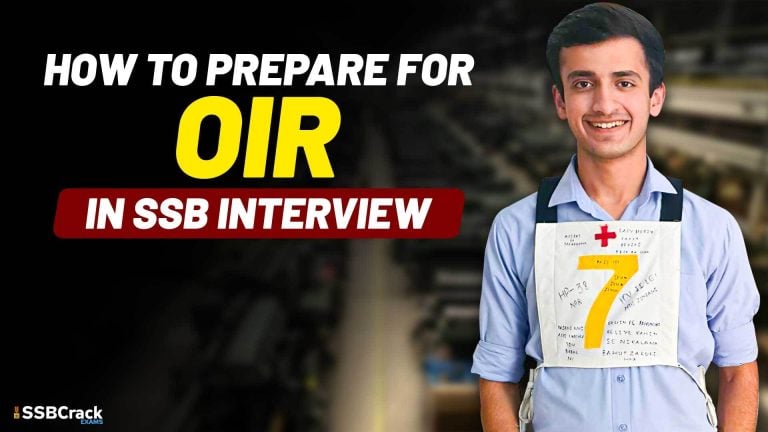
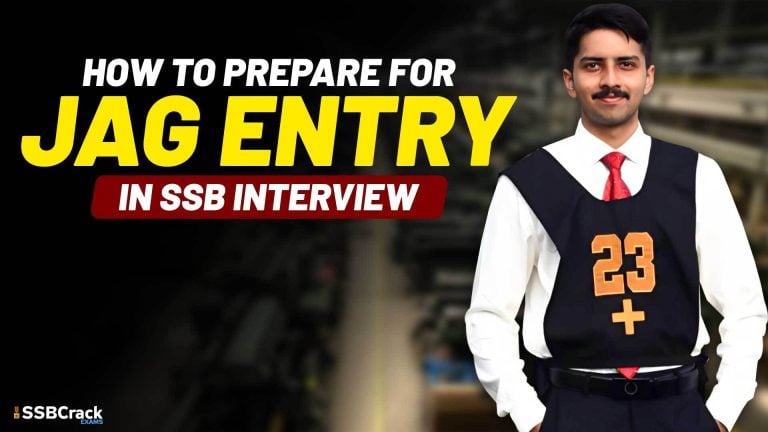
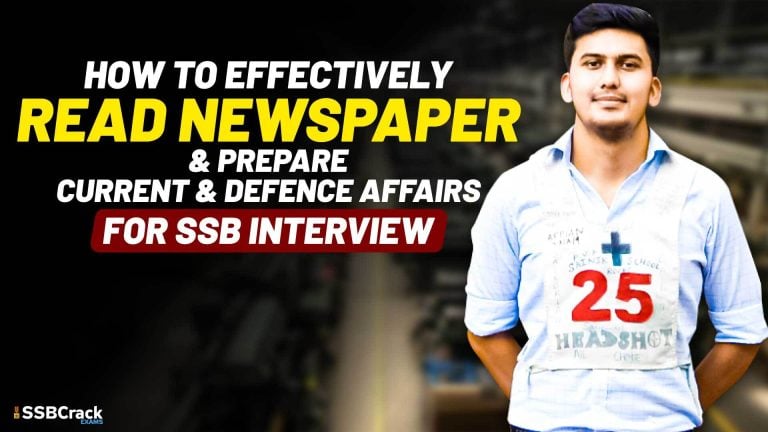
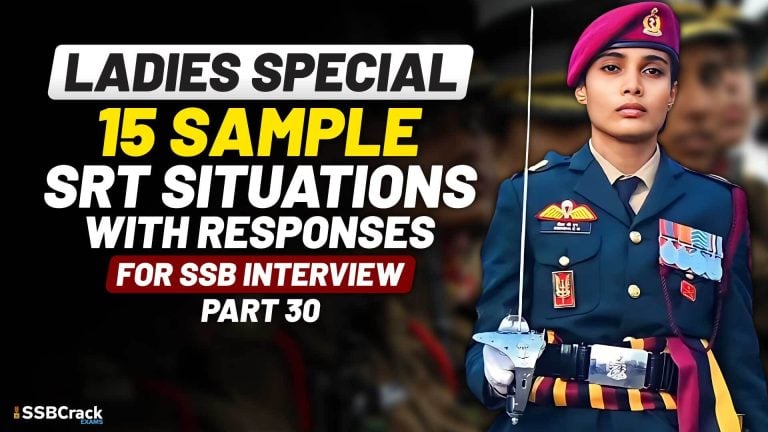
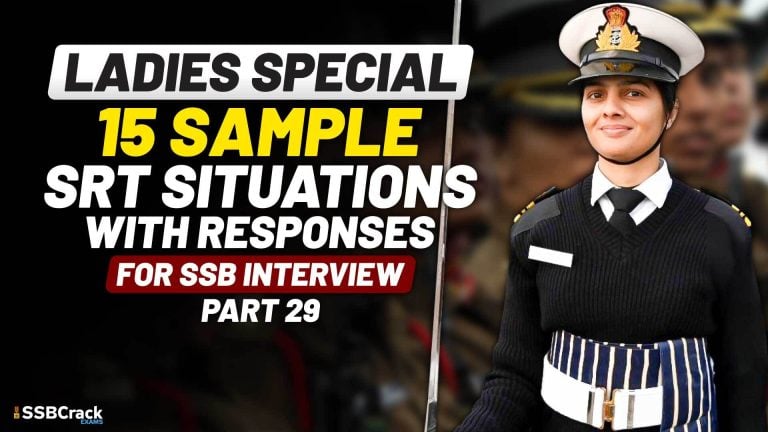
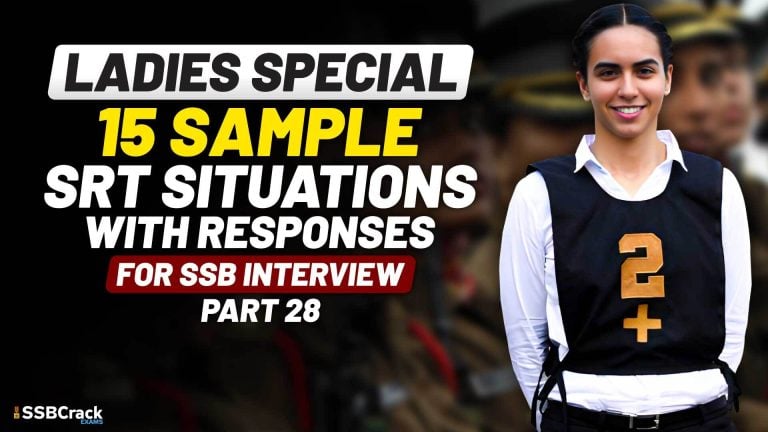

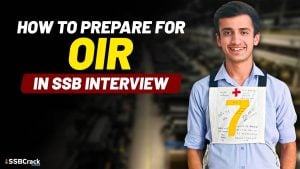

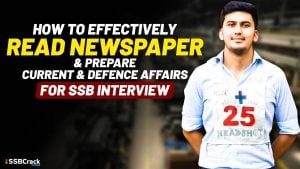
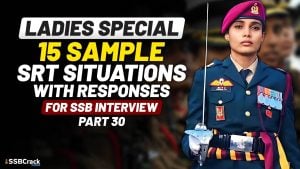

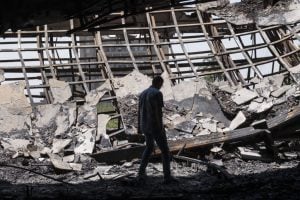




2 thoughts on “SSB Interview SRT Practice Exercise Part 1”
It’s good to learn
Good